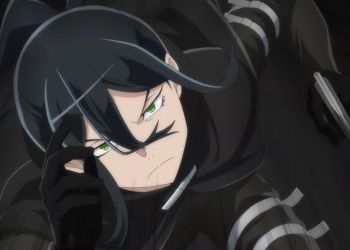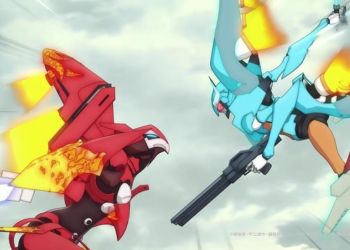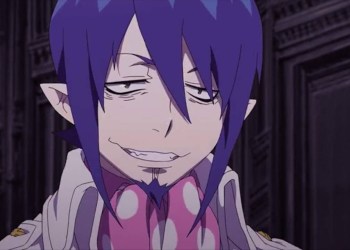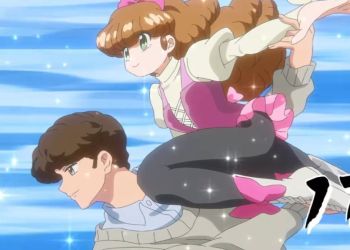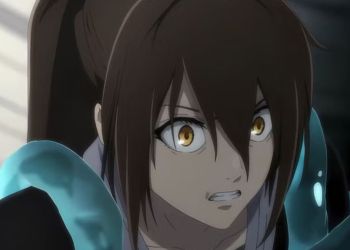Is Makima Good or Evil in Chainsaw Man Anime?
Makima garnered lots of attention from the internet right when the first episode of Chainsaw Man anime began airing. Her domineering, calm persona and the seemingly good deeds she has done for Denji have made her quite a fan favorite.
But for all the generous actions she has shown so far, we can’t help but wonder: Is Makima really a kind-hearted, pure soul? Or is her charitable nature just a facade for her hidden malice?
Makima is an evil character in since she’s the Control Devil who kills and uses other inferior creatures without mercy. She can manipulate the minds of others to make them do whatever she wishes. She even tortures Denji by killing those who are close to him.
This elitist perspective of hers has stemmed from her being the Control Devil. Let’s take a deeper look into Makima as a person to understand why she’s evil.
Makima’s personality
Many of us think that Makima is Denji’s ally since she’s been nice to him in the anime so far. She offered him food, clothes, and shelter. Besides, she is a part of the Public Safety organization, which hunts down devils to protect the citizens.
But as the anime progresses, you will witness Makima’s true colors.
Makima doesn’t lose her cool even during battles, which might seem admirable. But she’s only cool and calm because she’s apathetic, feeling no sympathy for anyone she kills, be it human or a fellow devil. This may be because she’s a devil, and devils are usually antagonistic toward humans.
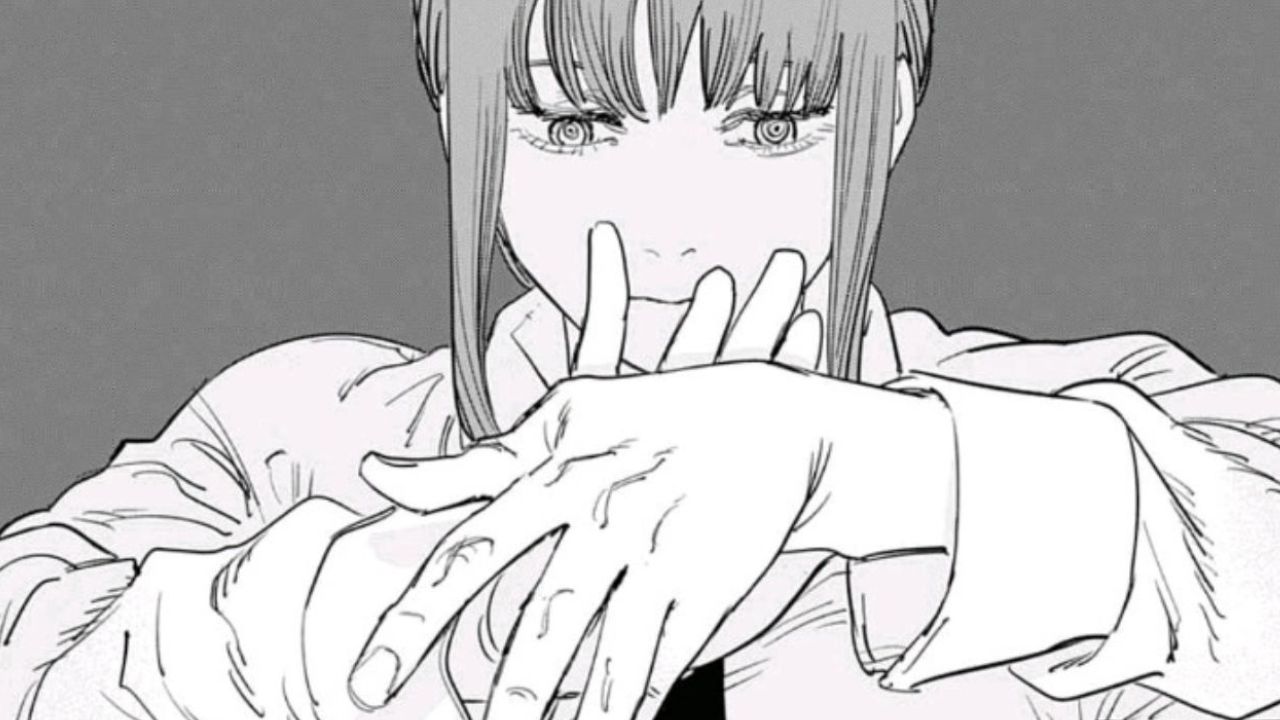
She promises romantic and sexual favors to Denji, but it isn’t because she feels anything for him. On the contrary, she views him as an obstacle. Her actions are motivated by her hidden agenda: to get close to Chainsaw Devil since she’s borderline obsessed with him.
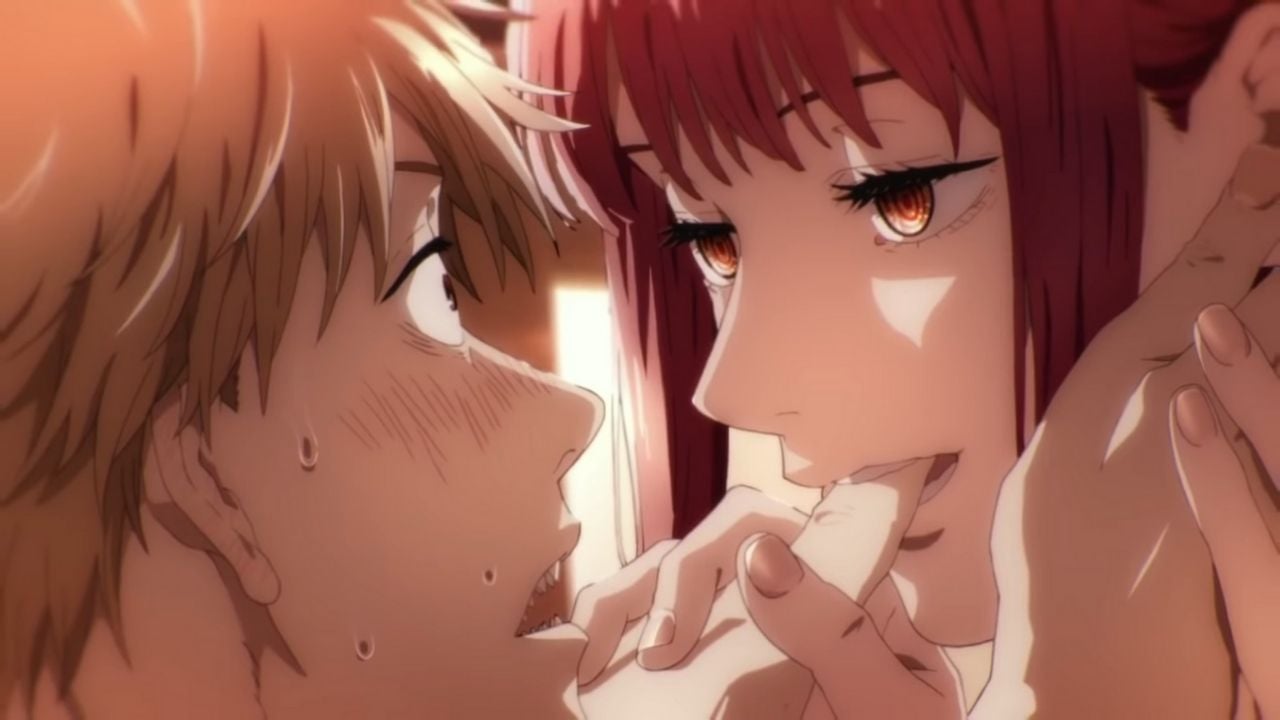
Since she’s obsessed with Pochita, she views Denji as nothing more than a dog. She even threatens to eliminate or euthanize Denji if he doesn’t obey her orders.
However, despite all this, she’s not totally morally corrupt. She has pet dogs whom she adores a lot, even though she views most of the creatures as inferior to her. During a movie date with Denji, we even see her shed a few tears over a scene of two people hugging.
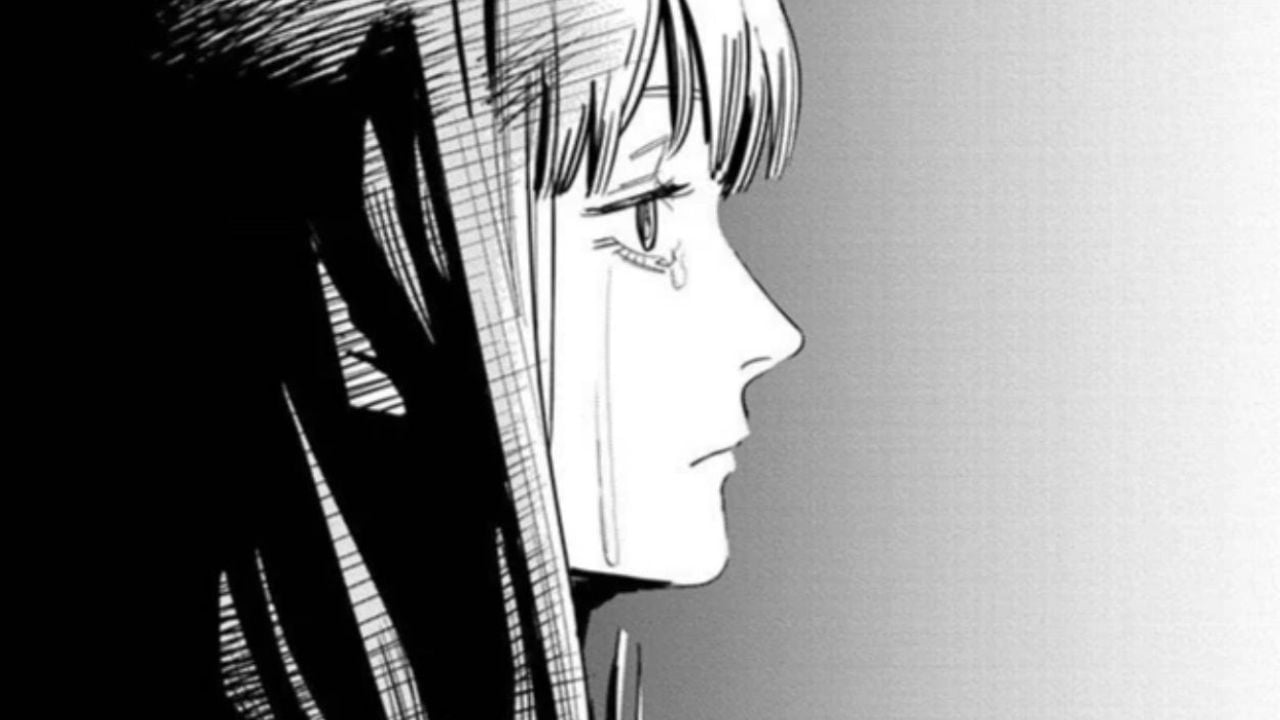
What are Makima’s powers? Control Devil Abilities Explained
Does Makima become good in Chainsaw Man?
Makima doesn’t turn into a good person in the series and remains a villainous character throughout the manga. Though she has good intentions, her means to achieve those goals of hers are clearly destructive. She kills countless humans in Japan to achieve her goals.
However, Makima’s goals are pure since she reveals towards the end that she wanted to create a utopian world without ‘fear’, where she could exist equally with others. But, to achieve that goal of hers, she tries to take Pochita away from Denji since he can eliminate devils, the very embodiment of fear.
She makes Denji’s life into a living hell by killing Power, whom he loved a lot. She even ends up ruining the lives of her colleagues such as the Angel Devil, Quanxi and Aki Hayakawa.
Even Makima herself is aware that she’s not good, referring to herself as a ‘necessary evil’ in the manga, comparing herself to the Gun Devil from the United States of America. She remains faithful to the title of ‘necessary evil’ till the very end of Part 1.
About Chainsaw Man
Chainsaw Man is a manga series by Tatsuki Fujimoto that was serialized from December 2018-2022. The series is supposed to receive an anime series by MAPPA. A second part of the manga has also been announced
The manga’s plot revolves around Denji, an orphaned boy who has to work as a devil hunter to make a living and pay off his father’s debt.
However, his pet devil, Pochita is killed on a mission. Denji wakes up to realize he and Pochita have become a single being, Chainsaw Man. If he does not want to get killed, he has to join the government and continue hunting demons.
Sometimes we include links to online retail stores and/or online campaigns. If you click on one and make a purchase we may receive a small commission. For more information, go here.
